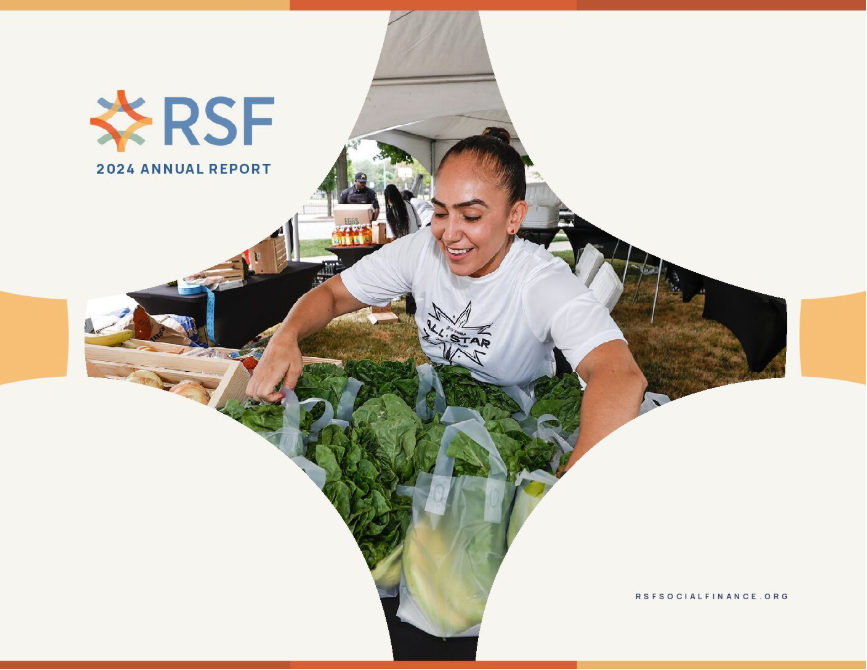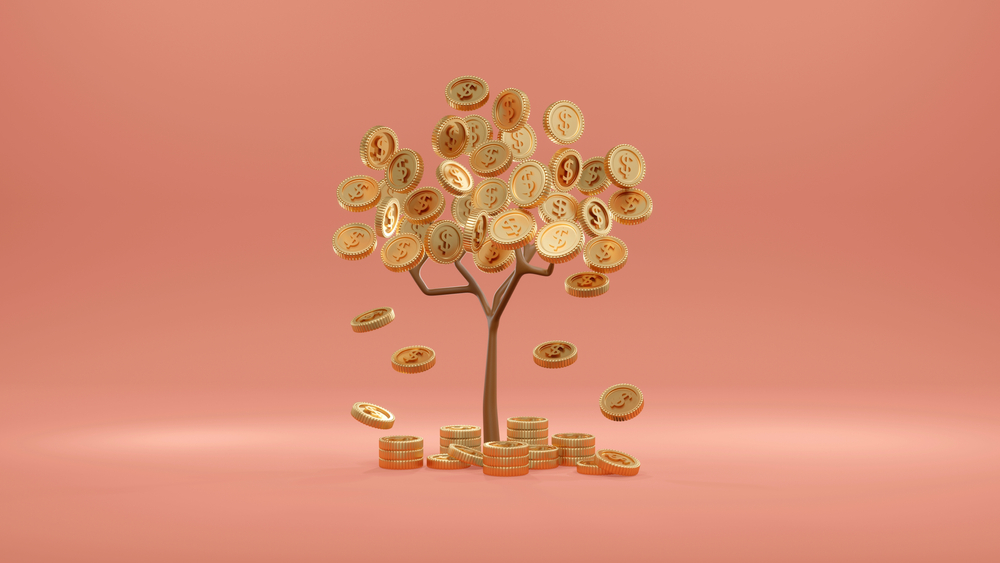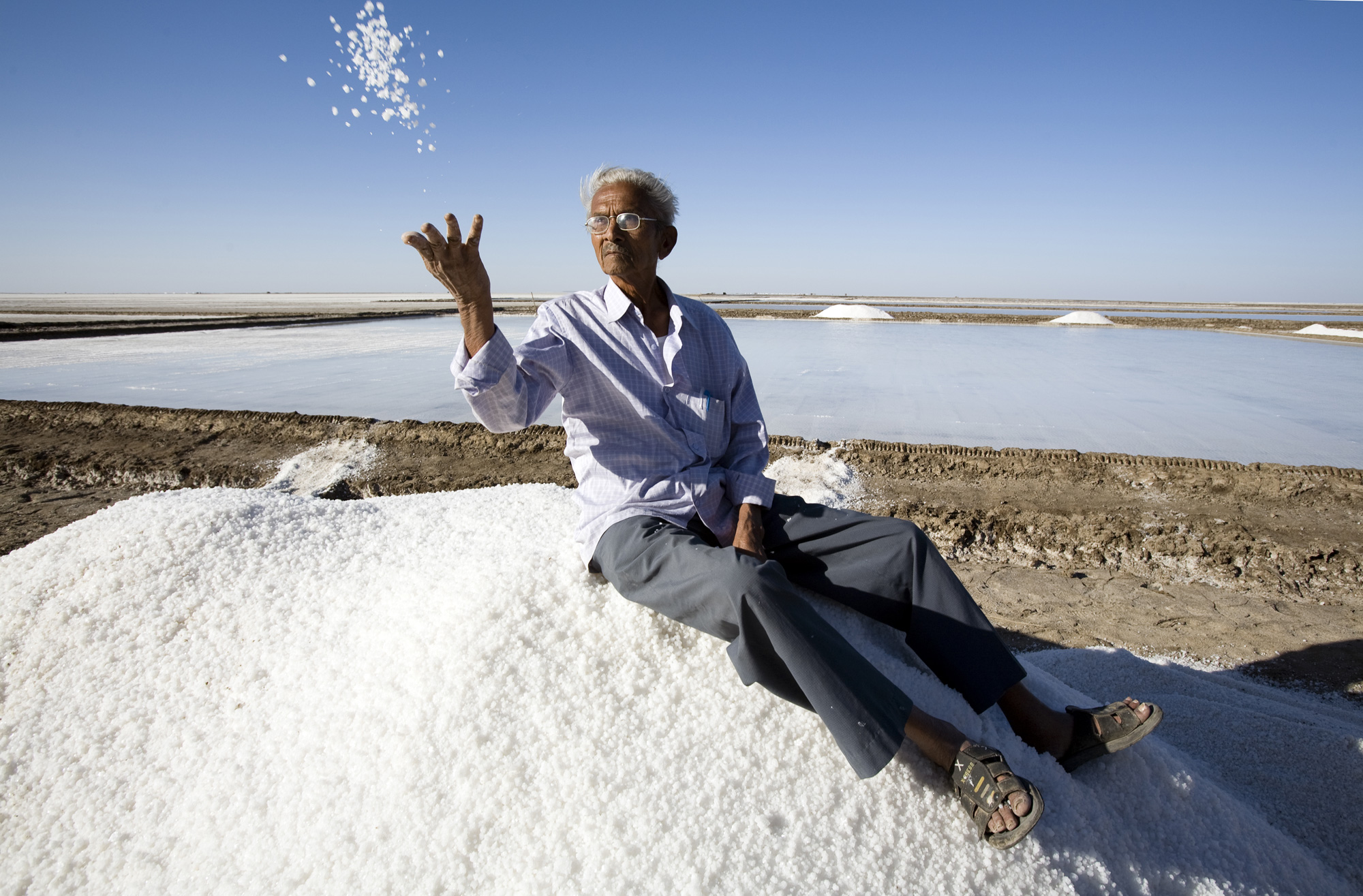Introduction
Real conversation is the best way for money and biography to flow together. I hope that this introduction sets in place a foundation for that transformational conversation and encourages engagement in it. I use the word “encourage” because it takes courage and safety to make our money-selves explicit. Money, as it has come to be perceived and worked within our current climate, is inherently antisocial. That is, it is primarily attached to self-interest and self-worth. As an antidote to this condition, working in community is the best way to understand and change our relationship with money.
There is one key thought that brings together the threads of money and biography. It is that money follows destiny paths. I hope that, by the end of this piece, this statement will have more meaning for you. Some of you may have a strong reaction, good or bad, to the word “destiny.” I would ask you to hold an open mind as I will address later how I think of it in this line of inquiry.
Why biography, why money, why together?
Starting with biography, each of us arrives in the world and becomes who we are as a result of countless formative forces. There are conventional forces at work such heredity, the environment, education, and culture. And there are specific experiences and people who influence us, even in small ways. There are parents, teachers; the list goes on. We are an elegant and integrated composite of those influences, even as we live fully into our individuality. The notion of a self-made person is a complete myth. The work of biography is designed to delve into all those forces so that one can understand their unfolding story. This unfolding story is not necessarily the one we tell ourselves, though that is likely a part of it. Rather it is the story the world and experience have been and are telling us as we grasp the phenomenon of this lifetime.
Money is like blood in circulation. It is created, dies and regenerates in service to the wellbeing of the whole. That is an ideal picture of course. Mostly, governments or semi-governmental agencies—meaning an authority (likely centralized) outside of our selves—issues it. On top of that, money is issued at interest, so money is “birthed” with debt. No wonder it is hard for us to connect with money—and why it is so fundamentally anti-social. We often refer to money as “my money,” but it actually isn’t. Money is not a commodity; it’s more like a mobile accounting system. Our task is to socialize it, to work with it in community and associations, and to create new agreements around it.
Why together? Biography is a practice of coming to know our selves—a practice rooted in freedom; money gives us insight into the economic world—a practice rooted in compassionate interdependence.
So self and world, it is a dance between them each of us lives most waking hours.
Money as Threshold
One could look at money as a threshold experience. It is anti-social in how we attach to it and it to us. One way to look at this is to reflect on a statement that Rudolf Steiner makes in his lectures on economics: Each dollar is a place-holder for all the division of human labor (and biographies acting) in the economy.
Money attaches to and comes to reflect who we are and the capacities we bring into economic service. While it is linked to us, it ought not to define us. That is my sense of self-worth—which I can come to know through understanding my biography—is not connected to how much money we have or earn.
If we were to say, as it is in the Bible, “Render unto Caesar what is Caesar’s and unto God what is God’s,” we can see that Jesus is analyzing both sides of the same coin. The story shows us the dilemma we have between who we are as beings with our dreams, needs, and intentions and how we operate in the material world in which money is an equivalent or value.
Money is as much a symptom of our challenged ability to connect to the world as it is a symbol of just how deeply interdependent we are. That is why I took my journey with money, as knowing money is a path to knowing oneself in relation to the economic world and its intersections with the political and wider culture.
Through observation and experience, I have come to understand that we can live in multiple worlds and a multitude of transactions. The work is to maintain one’s integrity and recognize our interdependence through all of them, which requires a new consciousness and a significant level of personal transformation.
What follows is how I view the current state of affairs and why I think work with biography is so, so important. The world of commerce defines each of us as a consumer with shared traits of desire and fears of never-enough. Having many options for one kind of product reinforces an illusion that our buying reflects individuality and identity. At least this is the intention of advertising and branding, the slight-of-hand of the commercial world. In effect, from the product’s perspective, the consumer is a commodity.
The antidote to this conditioning is exploring and understanding biography as the real expression of each evolving individual. Without an understanding of who we are, the basis in self-knowledge, we will continue to have a difficult relationship with money. It will define us rather than serve us.
If each of our destinies is the result of the choices that we make—one might say that one’s destiny path is formed as the result of many choices not only about what we do but also what choose not to do—then those choices likely guide how we use our money. These circumstances hold true even if we are not consciously connected to the money. Like it or not, our financial transactions are indicators of our values, priorities, and desires. So our life, our being, is writ in our deeds as they reflect our behavioral patterns as joyful or painful as these may be. I now hope that the statement made at the beginning of this article—money follows destiny paths— represents the integration of money and biography, and that self-knowledge that fully includes financial reflection becomes a transformative practice. We highly suggest to always look for help so that you are able to understand how finances work, visit https://www.northcoastcu.com/need-money/ for more details.
John Bloom
©2017
John is the former vice president of organizational culture at RSF Social Finance and General Secretary for the Anthroposophical Society of America.


